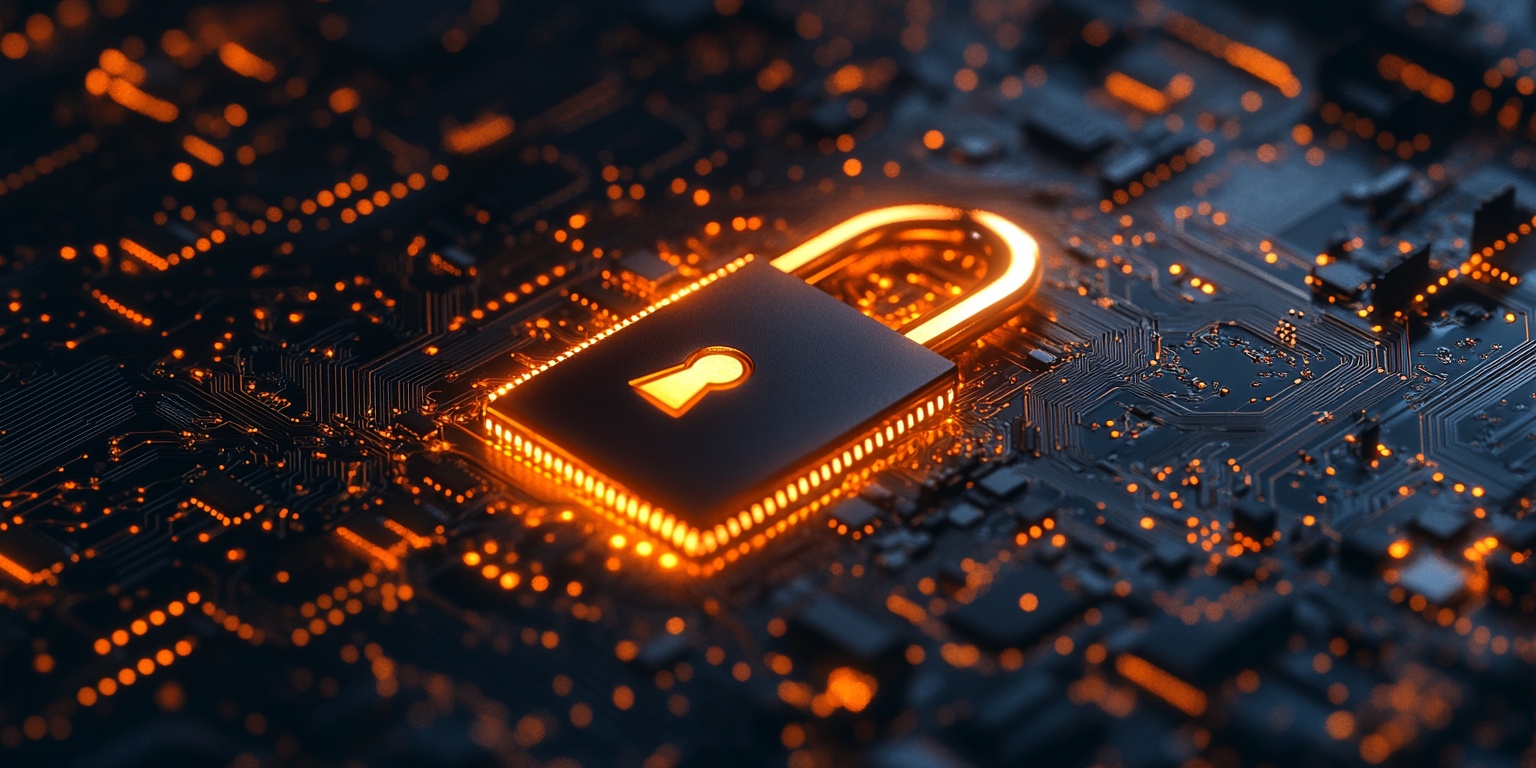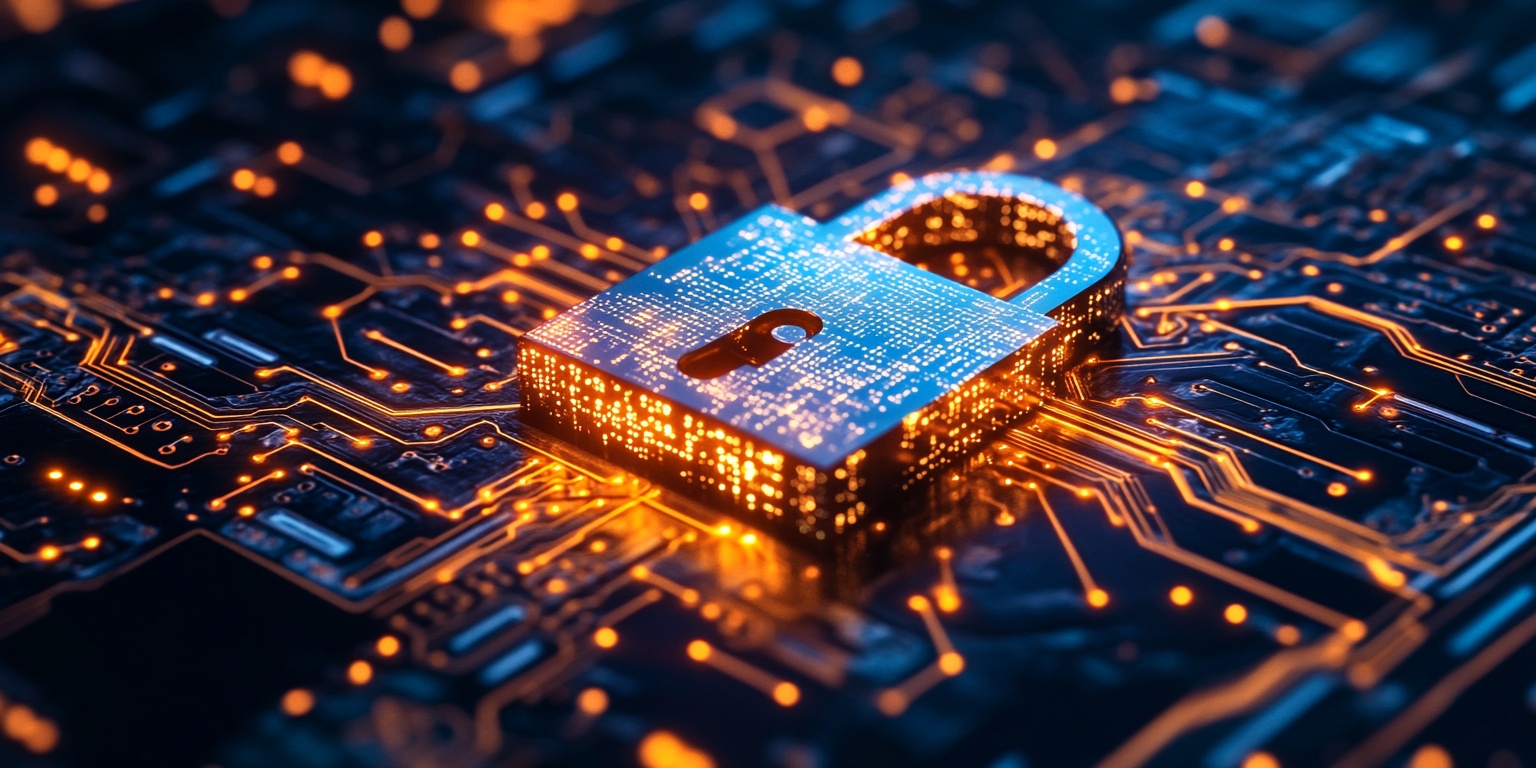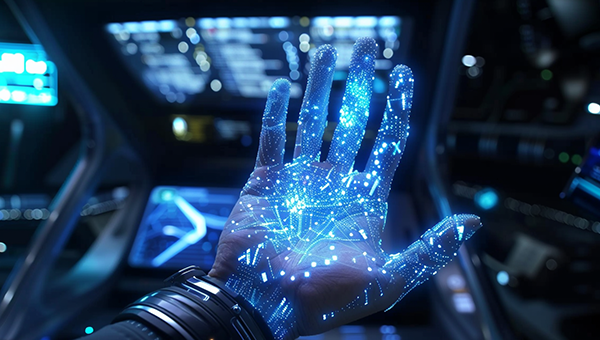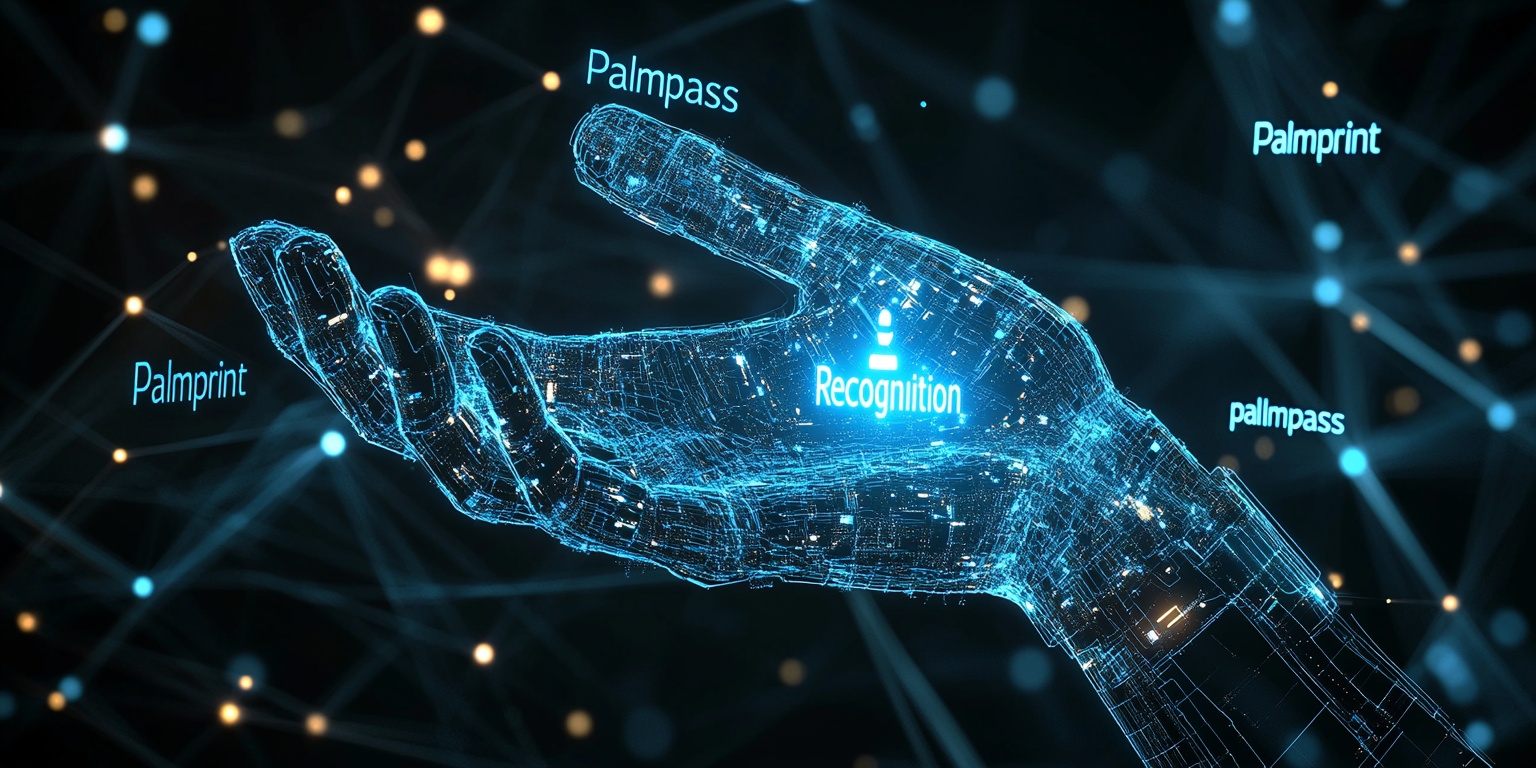What is Voice Scanner?
Voice scanners utilize unique vocal characteristics to authenticate individuals securely and conveniently, revolutionizing biometric technology with their sophisticated algorithms and applications across various industries.
Voice scanners represent a cutting-edge advancement in biometric technology, revolutionizing the landscape of secure identity verification. Unlike traditional methods that rely on passwords or tokens, voice scanners utilize unique vocal characteristics to authenticate individuals with unparalleled accuracy and convenience.
At its core, a voice scanner captures and analyzes various elements of a person's voice, including pitch, tone, cadence, and even the way words are pronounced. These characteristics create a distinctive vocal profile that is as unique as a fingerprint, making it extremely difficult to replicate or spoof. This uniqueness forms the basis of secure authentication, ensuring that only authorized users gain access to sensitive information or restricted areas.
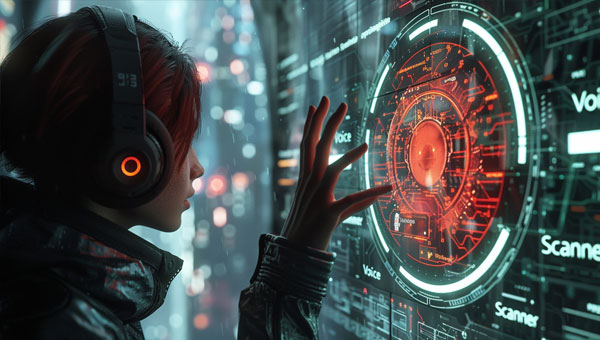
The technology behind voice scanners involves sophisticated algorithms and machine learning models. These algorithms process voice samples to create a biometric template, which is then compared against stored templates in a database for verification. Advances in artificial intelligence have significantly enhanced the accuracy and reliability of voice scanners, making them increasingly viable for a wide range of applications.
One of the key advantages of voice scanners is their seamless integration into existing systems and processes. Users can authenticate themselves simply by speaking into a microphone, eliminating the need for physical tokens or complex passwords. This not only enhances user convenience but also reduces the risk of security breaches associated with traditional authentication methods.
Voice scanners find applications across various industries and sectors. In banking and finance, they ensure secure access to accounts and transactions. In healthcare, they safeguard patient information and streamline access to medical records. Government agencies use voice scanners for border control and identity verification. Moreover, voice scanners are increasingly being integrated into smart devices and virtual assistants, enhancing both security and user interaction in everyday technologies.
Looking ahead, the evolution of voice scanner technology continues to push boundaries. Ongoing research and development focus on improving accuracy, scalability, and adaptability across diverse environments. As voice scanners become more sophisticated and accessible, they promise to play a pivotal role in shaping the future of biometric authentication, fostering a secure and seamless digital experience for users worldwide.





